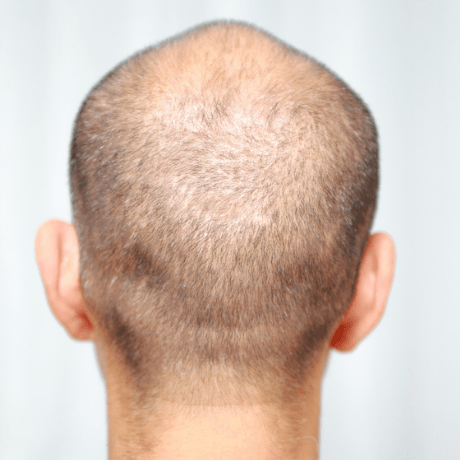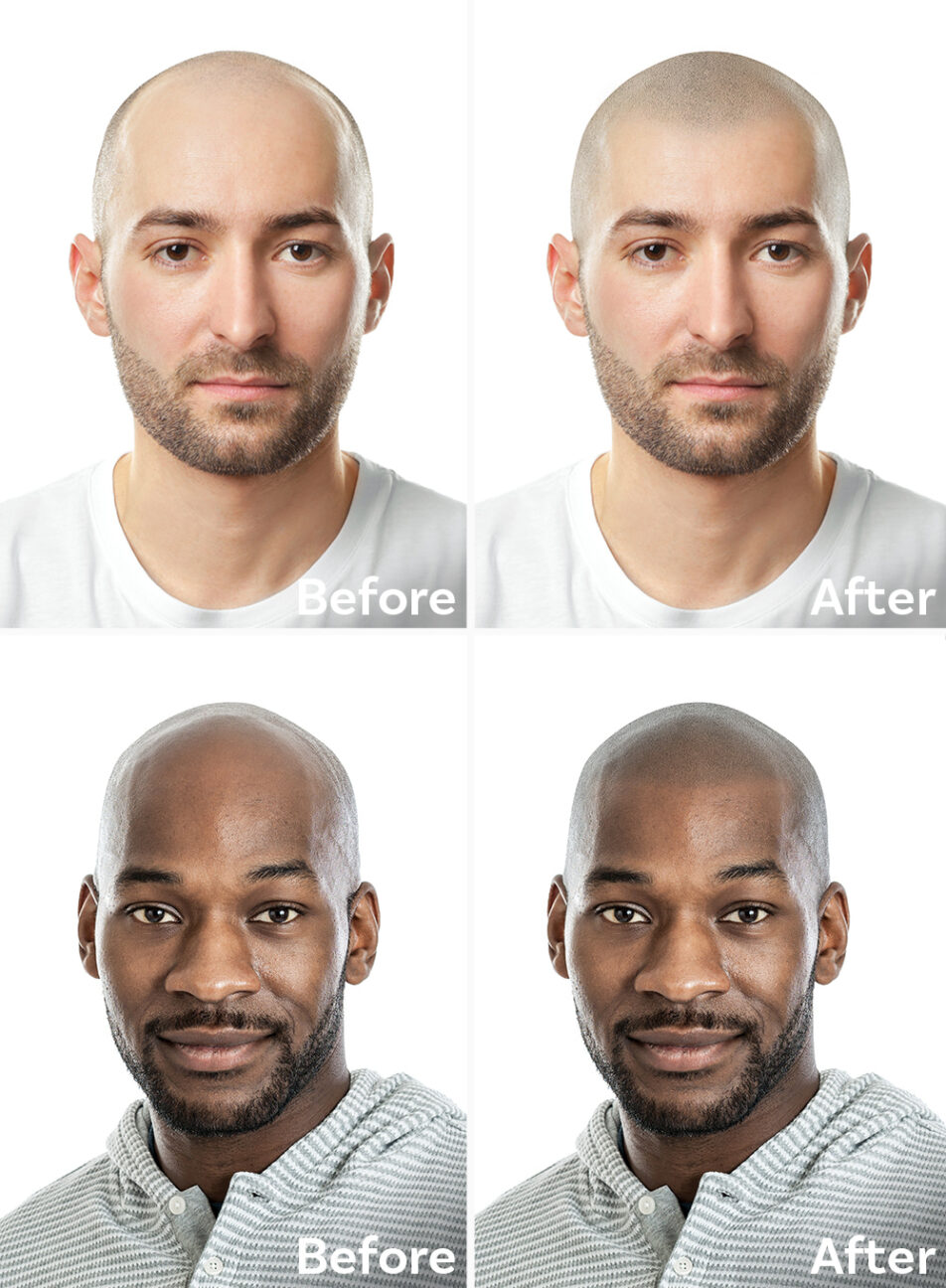Can Collagen Supplements Help With Hair Loss?
There is a lot of discussion about collagen pills and supplements and their ability to help your hair. The products are marketed as a saviour for everything from hair loss to skin care and nail health. It is easy to believe everything companies tell us about their products, but what is the truth about collagen?
In this blog we are going to explore the relationship between collagen supplements and hair loss. Can it actually improve its overall health, or is it just more exaggerated marketing? Read on below to find out more.

What is collagen?
Collagen exists in large quantities around our body. It makes up a large proportion of our skin, nails and hair. It is a polypeptide, which is a combination of amino acids such as glycine and proline. These exist in our bones, skin, cartilages and connective tissue. Our body depends on collagen but produces it naturally. This means extra supplements in our diet are not needed.
Does collagen help your hair?
A natural downside to ageing is a lowering of collagen levels in our body. This is why many people tend to take collagen supplements. Scientific research has shown that collagen can support hair building proteins. This can potentially help to prevent hair loss, or encourage hair growth. By strengthening the hair follicle it may also reduce the appearance of grey hairs.
Collagen can also prove effective in treating brittle hair. This is because it sustains healthy levels of moisture. Strong blood circulation is important to maintaining your hair and collagen is able to help this throughout the body. This ensures your hair follicles get the nutrients they need to remain strong and grow at a fast rate.
Do collagen pills work?
Taking collagen pills alone will not be enough to help your hair. It needs not only amino acids but also vitamins and minerals to remain healthy. Vitamin C plays a crucial role. If you do not have enough in your body, it will struggle to produce collagen.
Good food sources that boost collagen production include fish, protein and dark green vegetables. While levels will naturally lower as you age, other factors also have an impact. A poor diet, stress and gut health issues may slow down your body’s production rate.
What sort of collagen supplements should I avoid?
Vitamin C and hyaluronic acid are ideal ways to get the most out of collagen supplements. But, there are some ingredients that are best avoided.
This includes Glucosamine, CoQ10 and arginine. Whilst not harmful, they offer very few benefits and their inclusion only adds to the cost of the supplement. If you see a product with artificial ingredients, sugars, oils or maltodextrin, these will also not provide much value.
Branched-chain amino acids are also sometimes included. These are for people recovering from muscle trauma, but will not boost collagen levels.
Remember, while extra collagen can help with hair loss it will not prevent you from going bald. It may slow down the process but never depend on collagen as a final solution.
Top Related Posts:
8 Basic Steps To Healthy And Youthful Skin For Men
Receding Hairline In Your 20s? 4 Hair Loss Solutions To Consider

